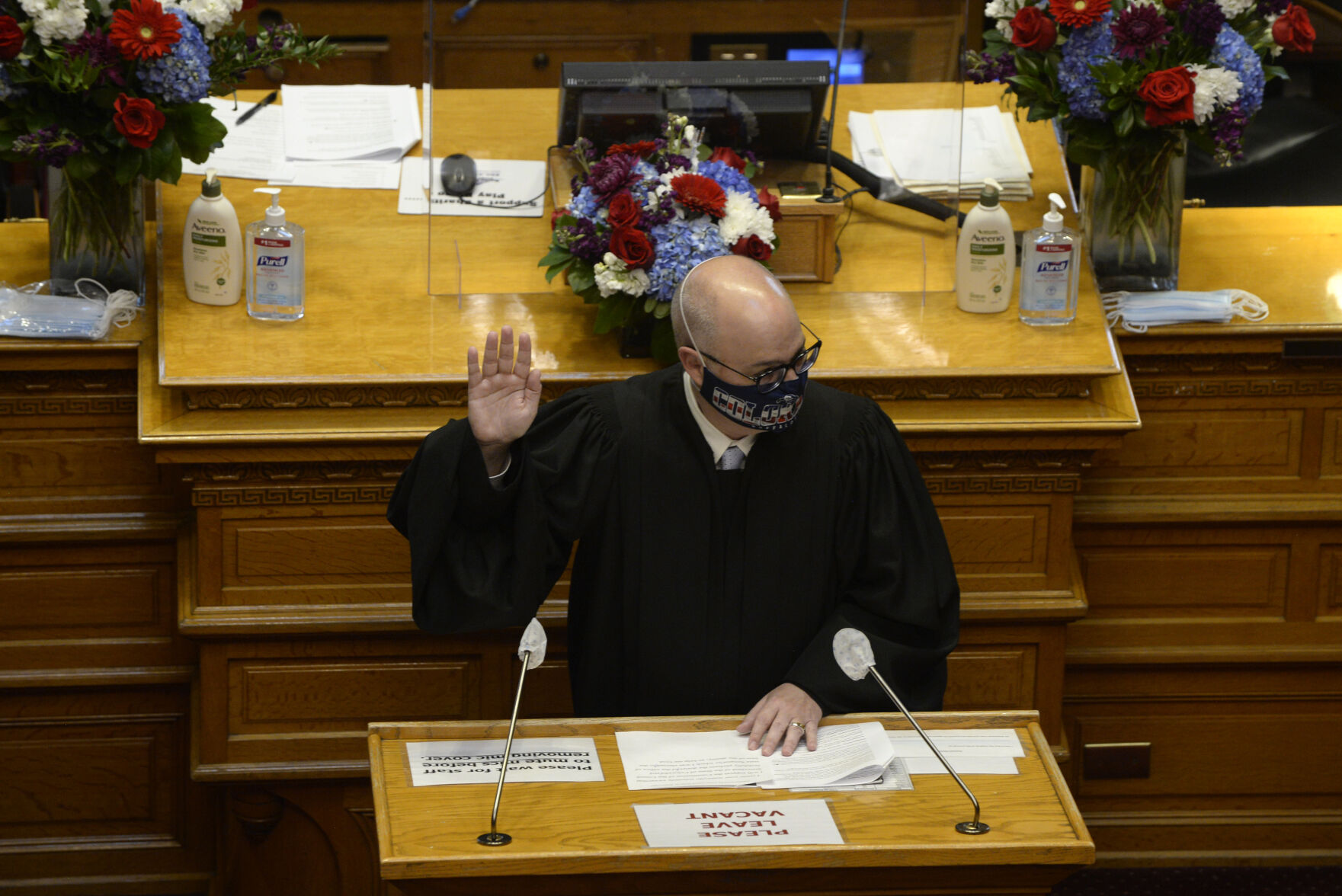2022 SESSION: Judicial branch sees passage of priorities in legislative session

The three legislative priorities the state’s Judicial Department pushed during the legislative session are on their way to the 2022 ballot, have been signed into law or are awaiting the governor’s signature.
For the first time in 60 years, Colorado will receive a new judicial district in 2025, with an elected district attorney and a roster of trial judges. The 23rd Judicial District will consist of Douglas, Elbert and Lincoln counties, which are currently attached to Arapahoe County as part of the 18th Judicial District.
While the General Assembly previously enacted legislation to create the district, this year’s House Concurrent Resolution 1005 sends a constitutional amendment to the voters, empowering the governor to designate which district court judges from the current 18th Judicial District will be serving in the new jurisdiction. The named judges will need to establish residency in the 23rd Judicial District by January 7, 2025 if voters approve the measure.
Currently, the 18th Judicial District has 24 district court judges. While it is unclear where their residences are, two-thirds of them work in Arapahoe County.
Awaiting Gov. Jared Polis’ signature is Senate Bill 201, which requires the General Assembly to fund the Colorado Commission on Judicial Discipline independently of the state Supreme Court, which currently oversees the commission’s funding via attorney registration fees. Judicial branch leadership in January endorsed the notion of financial independence for the body that investigates judges.
“We absolutely support their ability to obtain separate funding,” Chief Justice Brian D. Boatright said to lawmakers at the time, adding that the judiciary should “not be looking at the expenditures of the judicial discipline commission.”
The commission investigates misconduct allegations, although it typically dismisses the vast majority of reports as being unrelated to ethical breaches. Based on its findings, the commission can recommend to the Supreme Court a range of sanctions for substantiated misconduct, including suspension without pay, private or public reprimands, and even removal from office.
In another key change, SB 201 creates the Office of Judicial Discipline to investigate allegations against judges and justices. The commission will oversee the new office.
Finally, Polis has already signed House Bill 1237, which made administrative tweaks to courts on the Western Slope. The associate county court judge for Rio Blanco County can now reside anywhere in the county, whereas the law previously restricted his or her residence to the city of Rangely. Likewise, the special associate county judge for Garfield County need not reside only within the city of Rifle.
The bill also changed the classification of county court judges in Garfield and Montezuma Counties, such that they may no longer practice law privately as judges.













